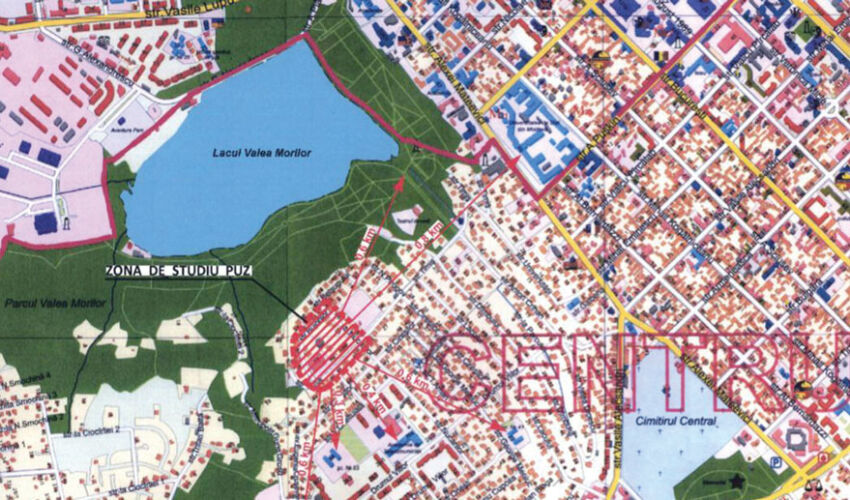
It is no secret that public debates on town planning plans, most often zonal plans, turned into an empty formality. Citizens were not notified in time about the hearings, or they were held at inconvenient times, etc. There was no certainty that the comments and suggestions made during the debates would be found. There was no certainty that the comments and suggestions made during the debates would be reflected in the town planning plans.
As noted in the explanatory note, there is currently no specific regulatory framework governing the procedure for public consultations during the development and approval of documentation on territorial planning and urban development.
The previously valid government decree regulating this sphere was canceled in 2016. However, no new regulations were adopted afterwards, defining step-by-step mechanisms for public consultations.
The lack of a specific regulatory framework limits the public’s ability to influence decision-making, resulting in low and unrepresentative participation. At the same time, there are no mechanisms to verify the territoriality of participants, which affects the relevance of consultations. There are cases where those involved in the development of the documentation give them a favorable evaluation during the consultations, which calls into question their objectivity. These shortcomings discredit public consultations, lead to inefficient allocation of public resources and waste the time of both citizens and organizers.
The new regulation establishes clear mechanisms for involving citizens in the decision-making process on issues of territorial and urban planning. The goal is to ensure a transparent, inclusive process based on the active participation of the community.
The adopted regulation provides for:
Prior informing of citizens with the establishment of minimum deadlines for announcing consultations, organization of public meetings and use of various methods of collecting opinions; requirements for representativeness of data collected in the consultation process; documentation of consultations, including recording of meetings, publication of minutes and tracking how public comments are reflected in final decisions.

